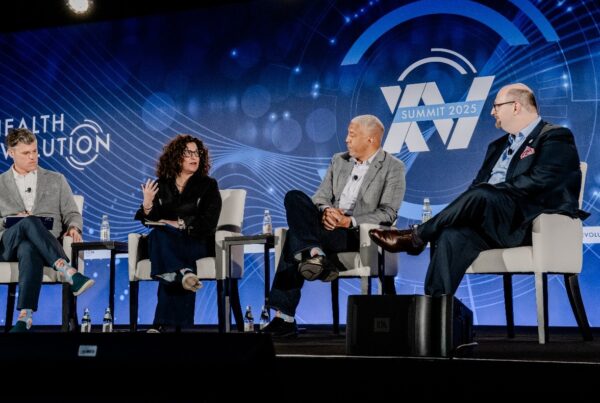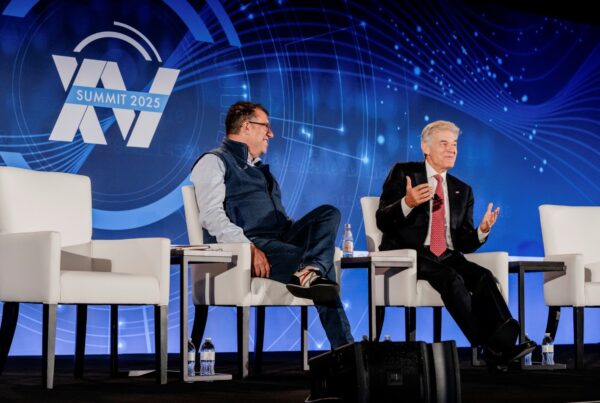As President and CEO of Change Healthcare, de Crescenzo draws on his diverse background to help his team develop tools and technologies to improve the health care system.
Health Evolution interviewed de Crescenzo about why he thinks the pandemic has led to an acceleration more than a technological turning point; the opportunity to provide personalized care; and the increased importance of attracting, retaining and engaging employees.
Looking back at your career, how does working in the technology and health care sectors inform the way that you lead the organization?
de Crescenzo: I feel particularly fortunate because I have been able to see the health care industry and the technology industry from a variety of perspectives. Health care is a complex system and I’ve been fortunate to see it from the payer side, from the provider side, and from the technology side both globally and in the United States. While I am not a clinician on the front lines of care, I believe my ability to see the health care system as a whole helps me to encourage my team members to use our existing products and services—and create new solutions—to help all health care stakeholders understand and fight the global pandemic.
In thinking back on the past 15 months, I couldn’t be prouder of the many achievements our team has accomplished in what has been a historically unprecedented and challenging year. The diverse experiences and viewpoints of our team were critical to our ability to be agile and incorporate equity and inclusiveness into the work we did with customers and how we addressed the needs of our employees.
Drawing on that experience as a veteran executive, what do you see as different about this moment in time, if anything? Will history remember the pandemic as a turning point for technology in health care?
de Crescenzo: The pandemic initiated a new wave of innovation and collaboration across U.S. health care, including the massive growth of virtual care and telehealth services. However, I think it’s inaccurate to look at the pandemic as a turning point. I do think the right word when it comes to the pandemic is an “accelerant”. For example, our team members stepped up to utilize our existing products for telehealth, taking our MedRx claims billing and consumer engagement solution for pharmacies and enhancing it to expand access to COVID-19 testing. Our InterQual clinical decision support platform and our Intelligent Medical Network were frequently updated as diagnoses, treatment, and reimbursement aspects of addressing the pandemic changed and evolved, including with regard to mental health services. For many years, we’ve had fairly codified data in both the administrative and financial spheres of health care, but it’s only in the last decade that we’ve gotten to a digital representation of the clinical care process through electronic medical records. This is the fundamental change that has really allowed us to bring information technology to bear on streamlining our financial and administrative processes.
Another long-term trend that has been accelerated by the pandemic is the focus on consumerism. The availability of clinical data allows for both health systems and health plans to take a more patient- or member-centric approach in how they provide value, aligning with the larger societal trend of people having more control over their environment using digital tools.
As an example of this acceleration, I think about when COVID-19 vaccination efforts began scaling last December. We collaborated with tech partners to develop an open standard for digital Vaccine Records. We now see large health care organizations using this open standard and we hope other organizations—not only companies but also states and counties—do as well, given that the federal government has not mandated a singular approach for the country.










